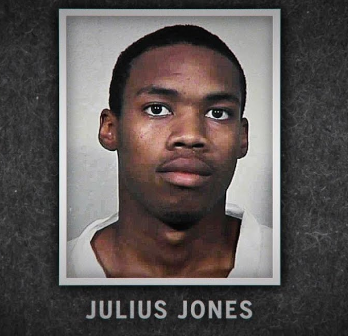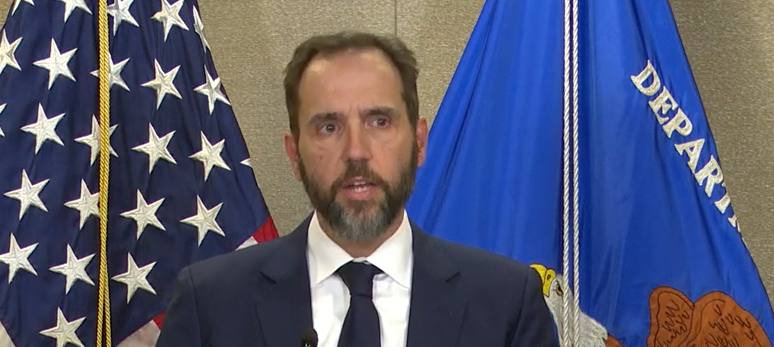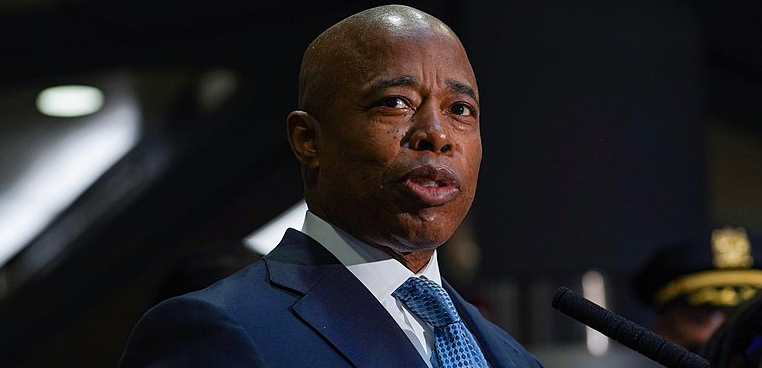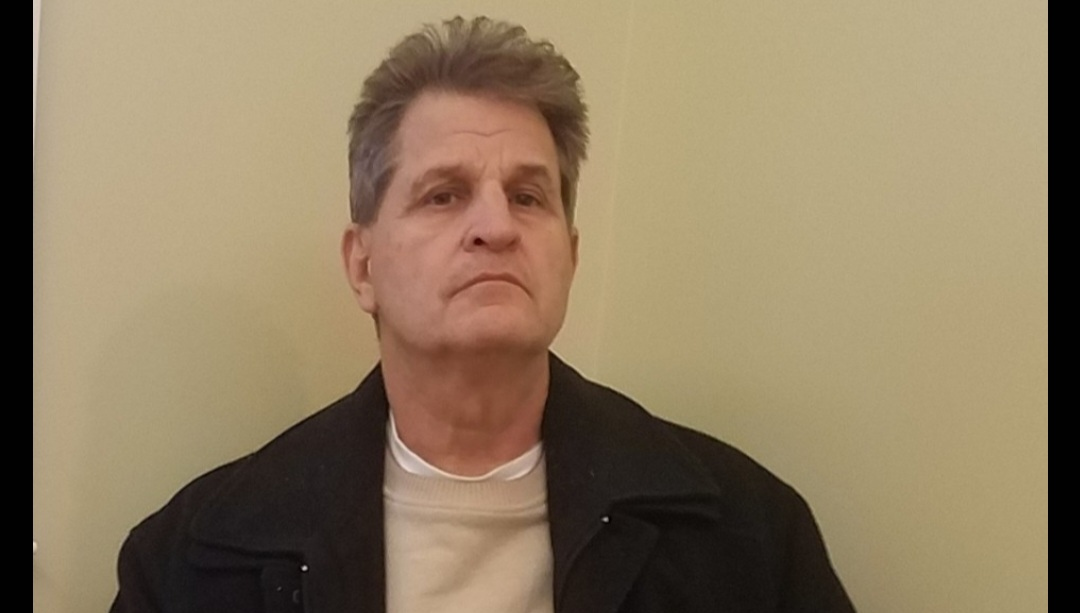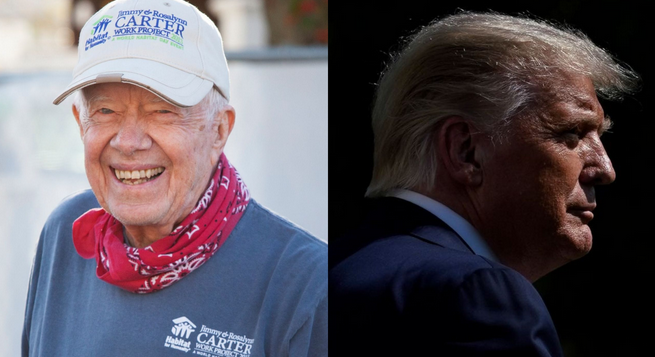Photo: YouTube
New and compelling evidence has emerged that Julius Jones, a man on death row in Oklahoma since 2002, did not commit the murder he was convicted of and for which he was sentenced to death.
Jones is currently awaiting execution for the 1999 killing of Edmond businessman Paul Howell. Since Jones’ conviction, the state has faced scrutiny for relying on the testimony of Jones’ co-defendant, Christopher Jordan, who told jurors that Jones shot and killed Howell. Jordan, who admits to being at the scene of the murder, took a plea deal in exchange for his testimony and is now a free man after serving 15 years in prison.
Jones has always maintained his innocence. His family says he was eating dinner at their home during the time of the murder.
Earlier this week, Roderick Wesley, a prisoner of the Arkansas Department of Corrections, signed a sworn affidavit stating that Christopher Jordan confessed to murder and to setting up his co-defendant. The affidavit reads, in part:
“One day while we were at work at the Commissary store, I was telling Jordan about the crimes I was convicted of committing, and Jordan spilled his guts and told me about his crime. Jordan said to me, ‘my co-defendant is on death row behind a murder I committed.’ … When Jordan was telling me this, he was acting like he was sorry for what he had done, but he said that he was not going to jump out there and give himself up to the wolves.”
Wesley provided more details about Jordan’s confession during video-conference calls with Jones’ legal team. It has been independently verified that Wesley and Jordan both served at the East Arkansas Regional Unit facility, also known as Brickeys, in 2010. Both worked at the prison commissary.
Roderick Wesley is now the third person who has come forward to say that Christopher Jordan confessed in prison to murdering Paul Howell.
In 2004, a former cellmate of Christopher Jordan’s, Manuel Littlejohn, signed a sworn affidavit that read, in part:
“Jordan stated that he felt guilty because he was going to implicate his co-defendant, Julius Jones, in a murder case to avoid getting the death penalty[.] . . . Jordan stated that he had wrapped the gun used to commit the murder in his case in a bandana and hidden it in Julius Jones’ house[.] . . . Regarding the murder case, Jordan stated to me, ‘Julius didn’t do it,’ and ‘Julius wasn’t there.’”
Also in 2004, Christopher Berry, a prisoner in Oklahoma, signed a sworn affidavit saying that Jordan bragged “about how he was the actual person who shot the victim in his case. Mr. Jordan also said that because he was the first person to talk to the police, he was getting a deal and would not get the death penalty.”
Neither Berry, Littlejohn, nor Wesley were offered shorter sentences or incentives in exchange for disclosing their conversations with Jordan. None of them know each other or have met Julius Jones.
Besides Jordan’s multiple confessions behind-bars, eye-witness testimony also calls into question whether Jones could have been the shooter and whether the description more closely matched Jordan. At the time of the murder, an eyewitness described a man wearing a bandana with a least a half-inch of hair hanging out. Photos taken at the time show Jones with a nearly shaved head, whereas Jordan’s braids more closely matched the eye-witness description.
Cece Jones-Davis, an activist and faith leader who helped launch the “Justice for Julius” movement in Oklahoma, said the new evidence suggests the state has now been imprisoning an innocent man for over two decades.
“Julius Jones did not murder Paul Howell,” said Jones-Davis. “At this point, it is clear who did. It is unthinkable to proceed with this execution knowing that the real killer is out there and has confessed, on multiple occasions, to his crime. “
Jones has filed an application to commute his sentence to time-served with the Oklahoma Pardon and Parole Board. The Board could begin their initial review of that application as early as March. If his application is denied, he will receive an execution date.
www.thepresshouse.com
